One difficulty faced by most recruiters is how to balance the desire to provide great customer service to the hiring manager with the need to speak freely about real issues pertaining to the recruitment process. Conducting a brief job specification meeting with the hiring manager (prior to initiating the recruitment effort) helps to identify the target and set clear accountabilities for both of you. However, there are clearly times when you need to pushback if the hiring manager is not properly partnering with you.
Done appropriately, pushback can elevate you from being an ‘order taker’ to becoming a trusted advisor whose input and views are solicited before anything takes place involving talent acquisition.
Here are a few reasons that pushback can be helpful:
- Pushback sets clear roles, responsibilities, and timelines for successful partnerships. Once established, it will lead to a far more effective working relationship.
- Pushback enables an honest exchange of ideas and open dialogue in areas of disagreement. This exchange ultimately translates into doing the right thing for the hiring manager, the candidate, and the company. For example, sometimes you just need to ‘speak up’ and tell the hiring manager that the candidate they have locked onto is just not a good fit.
- Pushback demands accountability from your hiring managers and yourself as it relates to the quality of the process, the interview experience, and the candidate experience. For example, if the hiring manager is claiming to be too busy to review résumés or conduct interviews, pushback may be in order.
- Pushback educates and informs your hiring manager about the candidates, the market, the desirability of the position, sourcing strategy, obstacles, compensation levels, and the teamwork required to close the deal.
How do you establish pushback so that it is seen as a positive experience that will enhance processes and improve results?
Here are some tips to start:
- Do not select your most difficult hiring manager to practice on and be sure you prepare for the conversation in advance. For example, if you are pushing back on the way candidates are being treated in interviews, make a list of what the behaviors are and why they are detrimental.
- Do not allow pushback to turn into rudeness or disrespect. Always approach the topic in a respectful manner and be prepared to lay out a well-considered case while being open to new ideas. Remember, HR roles are usually advisory in nature and the hiring manager may, or may not, choose to follow your advice.
- Pick your battles. While some hiring managers welcome feedback and change, many struggle with it. Bringing a laundry list of complaints to the table may put your hiring managers on the defensive. Do not be afraid of a healthy dialogue. At times it might resemble an argument, and that’s okay as long as the conversation is productive, and the end result is positive for both parties.
In summary, think about pushback as a tool to open the lines of discussion and unplug the talent acquisition bottleneck. Plan your strategy, come to the table armed with research, advice based upon experience, and be prepared for some healthy pushback on your pushback. You will be a better recruiter for it.
Written by a Catapult Advisor

